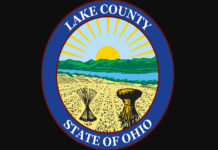an open trial that assembled 10 parents of children aged 12 to 17 in residential substance abuse treatment. Post-discharge research supported the erudition of the augmented format.
The second phase was an at-random preliminary test in which 60 parents examined the effectiveness of combining the augmented program with standard care; teens and parents completed assessments at 6-, 12- and 24-weeks after discharge. The researchers believed the brief interventions were more effective between the baseline and 24-week follow-up.
In light of the challenges presented, the researchers stated that a review of post-treatment care literature would urge planners to supplement or exchange conventional clinic-based avenues, with service delivery approaches that are designed to be greatly convenient, minimally burdened, and encourage consistent contact with the adolescent for a continued stretch of time.
The researchers hope to adapt and calculate a low-cost, minimally-intensive treatment method for parents in preparation for their child’s release from residential treatment.















